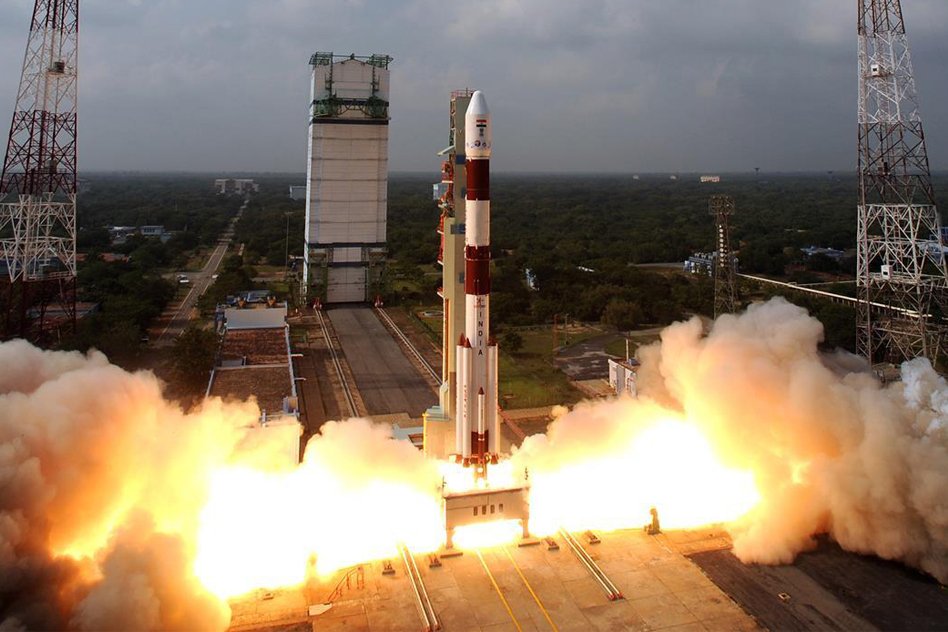
Image Courtesy: spacenews
India Need Not Depend On US For GPS, We Have Our Own Navigation System Now Thanks To ISRO
28 April 2016 12:12 PM GMT
The Indian Space Research Organisation (ISRO) created history on Thursday by developing the country’s own navigation system with the successful launch of IRNSS-1G, the last in the series of seven navigation satellites. The launch launch took place at 12.50 pm from the Satish Dhawan Space Centre in Sriharikota, Andhra Pradesh. The satellite was successfully placed in sub-Geosynchronous Transfer Orbit, 20 minutes after liftoff.
Why is it so important for India to develop its own navigation system?
With the constellation of seven satellites, India has now joined the league of countries — the US, the European Union, China and Russia — having its own indigenous navigation system. This means that India will now be less dependent on the US-based Global Positioning System (GPS).
The GPS system was developed by the US, which started in 1973. But during the Kargil war in 1999, the US had denied India to provide any GPS information. That triggered the idea of building country’s own navigation system.
The Indian Regional Navigation Satellite System (IRNSS) will provide accurate location information to users within the country and in the region extending upto 1,500 km from the borders. IRNSS will provide standard positioning service (SPS) for all users with a position accuracy of better than 20 metres and a restricted service (RS) for authorised users with an accuracy of 10 metres.
This will be used for terrestrial, aerial and marine navigation, vehicle tracking and fleet management, disaster management, mapping and geodetic data capture, visual and voice navigation for drivers. The services will also be integrated in mobile phones. The restricted service will be used by the military for missile delivery and navigation and tracking of aircraft.
Launch Timeline
The constellation has been in the making since July 2013, when IRNSS-1A, was launched. ISRO placed IRNSS-1B in April 2014, IRNSS-1C in October 2014, IRNSS-1D in March 2015, IRNSS-1E in January 2016 and IRNSS-1F in March 2016, each with a designed life of 12 years.
The Logical Indian congratulates ISRO for this sensational feat, we salute the engineers and the entire team for their tireless efforts in making self dependent on another important technology.
 All section
All section













